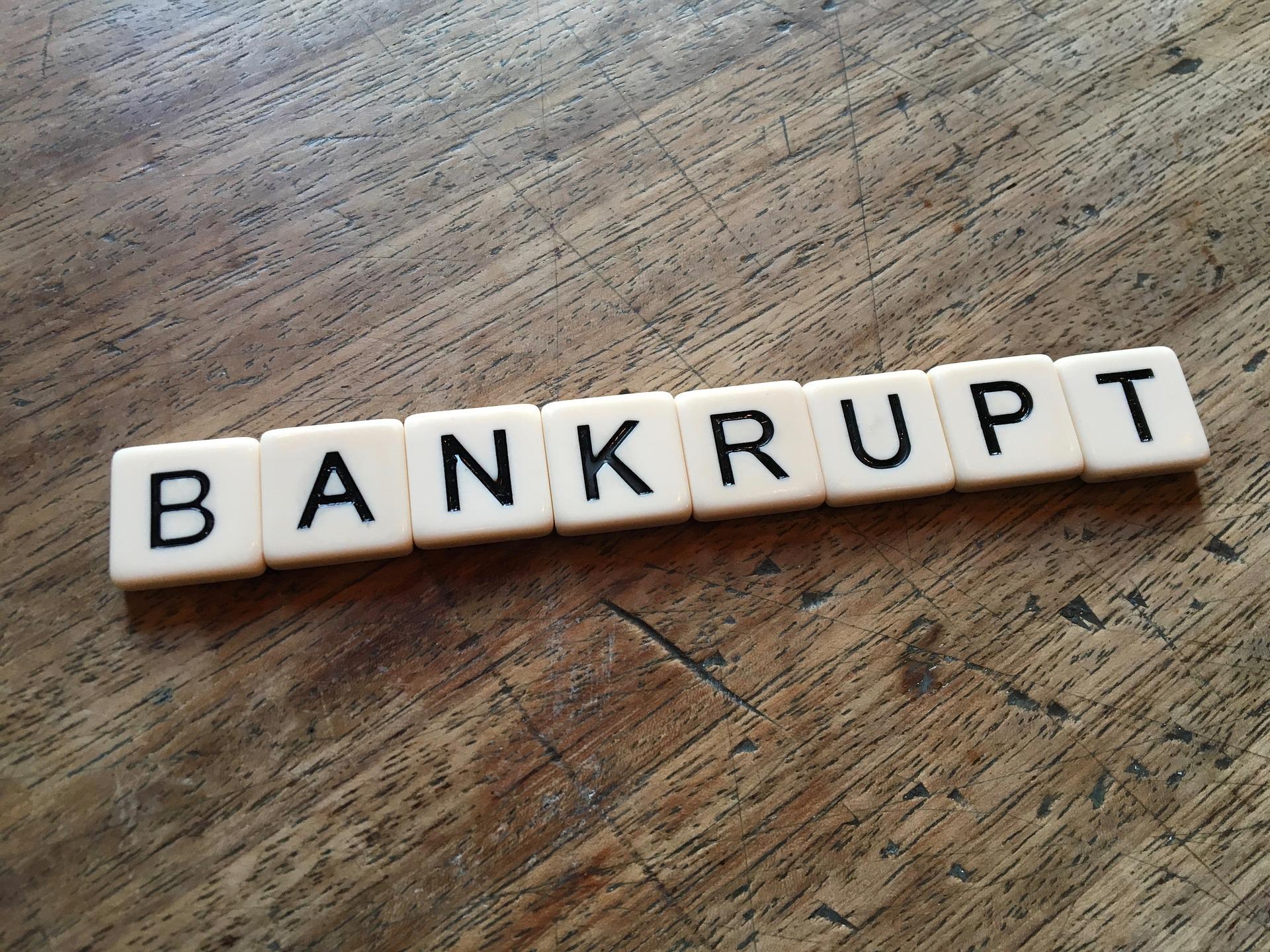Close
Close

A bankruptcy and insolvency checks are a thorough investigation into a person's or business's financial stability and credit history. These investigations provide details about the person's or business's financial stability, such as if they have been declared bankrupt, insolvent, or had significant credit problems.
Therefore, these checks can help you make decisions by giving you information about how this individual or business manages (or mismanages) its funds.
When someone or anything is legally deemed incapable of paying their debts to creditors, it is said to be in bankruptcy. It is said to be insolvent when someone or something cannot pay its obligations back within the specified timeframe.
People who have been declared bankrupt may not always be permitted to hold positions of responsibility. Additionally, a person's bankruptcy may bar them from holding any direct or indirect management positions inside an organization. Our bankruptcy and insolvency checks confirm if a candidate is excluded from consideration under these laws.
When you are declared bankrupt, the creditors to you owe money, often to receive a portion of the value of your possessions. Everything besides the necessities can fall under this category, including your home, vehicle, recreational gear, and jewelry. Additionally, depending on your income, you may be required to pay back your debt for up to three years.

It sounds bleak, but there is some good news. You won't have to deal with creditors anymore once you've been declared bankrupt. Additionally, lenders must halt the majority of legal actions against you. The best news is that, typically, after one year, you will be "discharged" or relieved of your debts.
Credit, bankruptcy, and insolvency checks can also be used to research the financial reliability of businesses and organizations you wish to work with, such as suppliers, customers, and possible business partners. To determine whether these firms and the companies are appropriately dependable and financially trustworthy for continued dealings, it is crucial to understand their financial situation.
When selecting candidates for finance, accounting, management, and executive level positions, they will be given access to your company's finances and assets. Therefore, when hiring, it is necessary to take a more comprehensive approach to the applicant and learn about their credit and financial History.
By learning more about their financial History, you can determine whether these individuals would be a good fit for a position requiring some power over the company's money. In addition, our credit, bankruptcy, and insolvency reports can provide unbiased perceptions of a candidate's financial reliability and honesty.
Conducting credit, bankruptcy, and insolvency checks as part of a thorough screening procedure has numerous advantages:
Your credit score is likely the first thing the credit issuer looks at when you ask for credit. You follow the same procedure when applying for a credit card, loan, or mortgage. Credit reports and credit scores are indicators that let a lender determine your dependability for making on-time debt payments.
Thus, the risk evaluation of the person or asset, in this example, you, is where the credit score is most crucial. If your credit score is low, you need to raise it. This is because, even if you do not meet the high requirements, you will still be given credit at a higher interest rate than someone with a higher credit score. Therefore, the interest rate will be higher the lower the credit score, which would ultimately mean a higher monthly payment.
Banks and other financial institutions may also employ internal credit scoring processes to determine a person's creditworthiness.
Understanding the many aspects of credit score to keep or achieve a decent score is crucial. After knowing your prospective improvement areas, you can only create a strategy to raise your credit score. The following are the primary criteria used to evaluate credit scores.
You might misplace priceless items. For example, you may keep your car if you need it to perform your job, but only the necessities for living and working. Remember that you might have to exchange some things for less expensive models. Even if losing your possessions is unpleasant, keep in mind what you're striving for: a debt-free existence.
The whole public will be aware of your bankruptcy. It will appear on the Insolvency Register and in the London Gazette (or Belfast Gazette if your bankruptcy is handled in Northern Ireland). Are they concerned about what your neighbors will say? You probably don't need to because local or national publications are unlikely to cover your bankruptcy unless there is a significant public concern.
You might have your bank accounts closed. Since bank accounts are used for everything from getting your wage to paying expenses, this can make day-to-day life challenging. But it's possible that you could start a simple bank account. These let you store and make payments without using overdraft facilities and are made for persons with bad credit.
The court might revoke your passport. This is known as being impounded, but it's unlikely that it will occur to you unless the courts have reason to suspect that you'll leave the country to sell your belongings.
It might be a difficult situation. It can be emotionally challenging to file for bankruptcy, from filling out the paperwork to alerting friends.

Financially speaking, bankruptcy is not the end of the road. However, you can do the following actions over Time:
Thanks for reaching out to us Moxe Consulting; we have a lot of knowledge to share. We hope the article "bankruptcy and insolvency checks" gave you some positive insights about your business. Keep coming back.